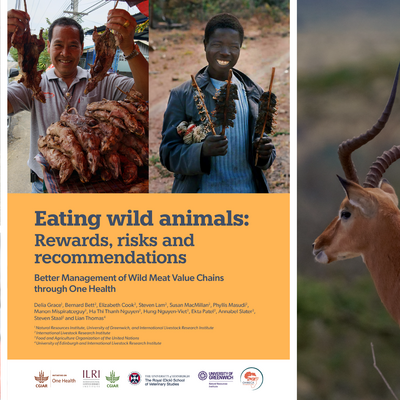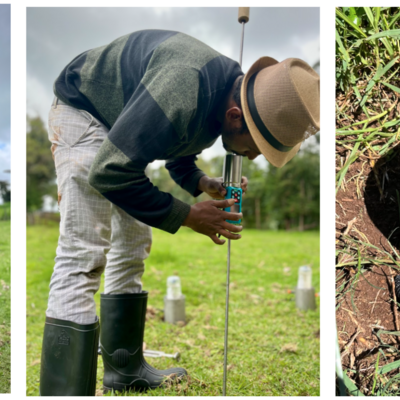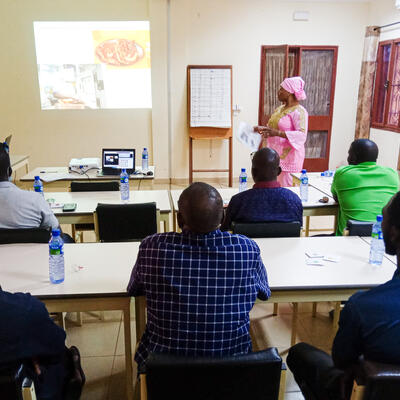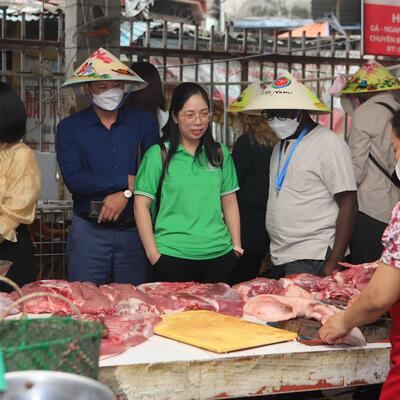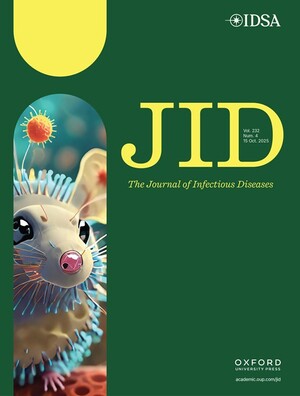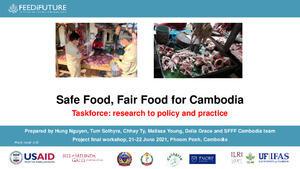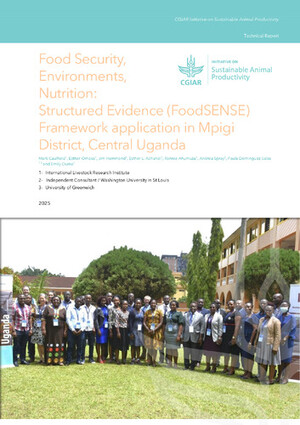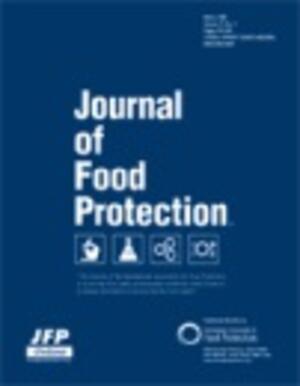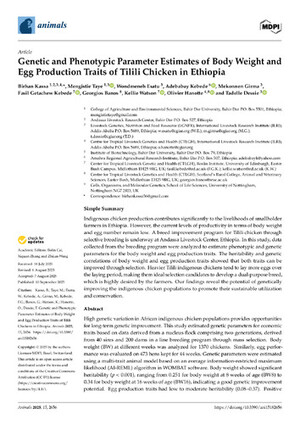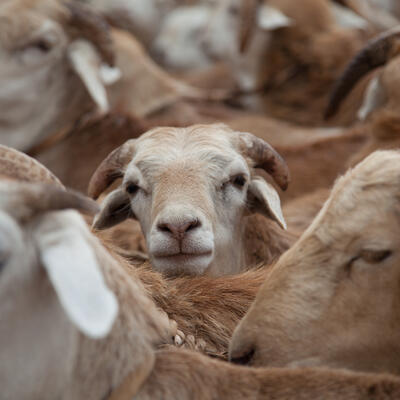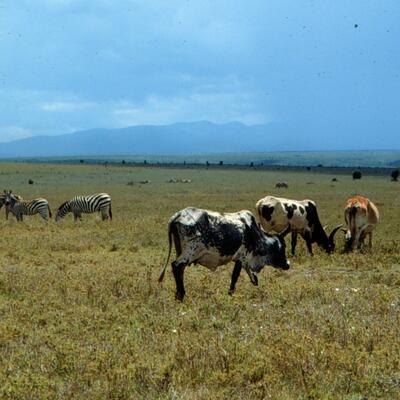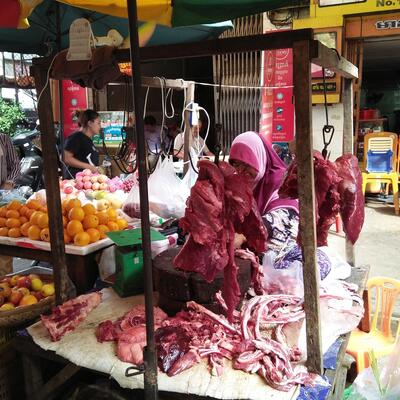
New study investigates the governance structure of the Nairobi pork value chain and its impact on food safety
A new study published in Frontiers in Veterinary Science (February 2021) has documented the governance structure of the Nairobi pork value chain and the challenges faced by traders and how these impact on food safety.
The pork food system in Nairobi is a growing livestock sub-sector which serves as a source of food and livelihood to the city’s inhabitants. To better understand how this food system works, the study mapped the key pork value chains, assessed their governance and operational challenges and analysed the potential impacts on food safety management.
A mixed-method approach was used to collect both qualitative and quantitative data on animal movements, product flows, stakeholder interactions, perceptions on system governance, operational challenges faced, business operations and market share.
A thematic analysis was also carried out to identify the themes that provide understanding on governance, challenges and food safety practices in the pork system.
The predominant pork value chains identified were the ‘large integrated company’ profile which accounted for 83.6% of marketed pork and the privately owned, small-scale local independent abattoirs accounting for 16.4%.
The study documented a number of challenges associated with governance of the pork value chains including inadequate enforcement of existing regulation, dominance of pig traders and lack of association at all nodes of the system.
The traders themselves were also beset by several challenges that could have a bearing on food safety management; these included inadequate slaughter facilities, lack of capital for upscaling, lack of training on slaughterhouse hygiene and lack of knowledge on how to manage pig diseases.
These findings provide useful insights into the structure of the pork system supplying the city of Nairobi. Policymakers and food safety researchers can use this framework to investigate and further develop the pork industry. The framework can also be used to develop appropriate programs for food safety and control of pig diseases.
The study is an output of a collaborative project on the epidemiology, ecology and socio-economics of disease emergence in Nairobi that was carried out by scientists from the International Livestock Research Institute, the Kenya Directorate of Veterinary Services, Royal College London, the University of Liverpool and the University of Nairobi.
Citation
Murungi, M.K., Muloi, D.M., Muinde, P., Githigia, S.M., Akoko, J., Fèvre, E.M., Rushton, J. and Alarcon, P. 2021. The Nairobi pork value chain: Mapping and assessment of governance, challenges, and food safety issues. Frontiers in Veterinary Science 8: 581376.
Photo credit: A plate served with fried pork and raw relishes (ILRI/Martin Heilmann)







